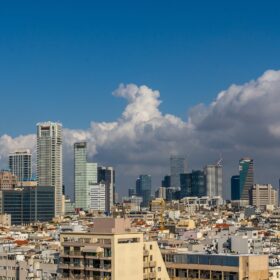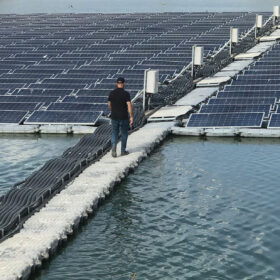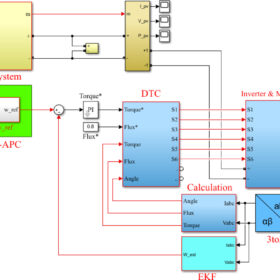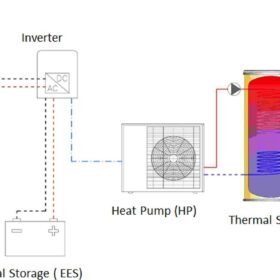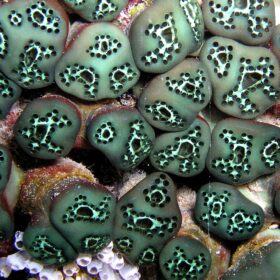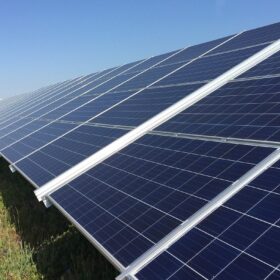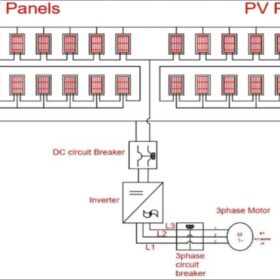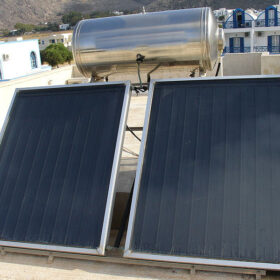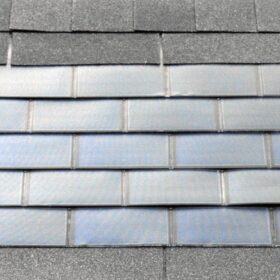Agrivoltaic facilities with single-axis trackers have lower LCOE than those with fixed structures
New research from Belgium shows agrivoltaic facilities with trackers perform significantly better than projects with fixed structures. The scientists found projects with tracking achieved an LCOE of €0.077 ($0.082)/kWh, while facilities with fixed structures were found to have an LCOE of €0.10/kWh.
Israel frees up grid space for 2 GW of renewables
Israel has announced plans to deploy 2 GW of grid-connected renewables. It will allow for additional renewable plants to be built without causing grid congestion, based on specific parameters.
Philippines to build new 100 MW floating solar power farm
Zonal Renewables plans to construct a new 100 MW floating solar project on a 90-hectare fishpond in the Philippines, in Cadiz, Negros Occidental province.
New control strategy for PV-powered water pumps operating under variable atmospheric conditions
Scientists in Turkey have developed a new algorithm to optimize the efficiency of PV-powered water pumps. The novel technique is based on the Extended Kalman–Bucy filter, which is a predictor-corrector algorithm used extensively in control systems engineering for estimating unmeasured states of a process.
PV-powered heat pumps with thermal, electrical storage
Italian researchers have looked at the potential of thermal and electrical energy storage to improve self-consumption rates in buildings when coupled with PV-powered heat pumps. They have concluded that such an approach could yield self-consumption rates of more than 80%.
New bio-inspired based algorithm to improve PV output under partial shading
The novel algorithm is based on the behavior of marine animal tunicates and reportedly provides remarkable results in terms of power errors. It was tested in four PV system configurations with five different shade patterns.
Israel’s Teralight secures 23-year PPA for 108 MW/433 MWh of solar, storage
Teralight has signed a 23-year power purchase agreement (PPA) for 108 MW/433 MWh of solar-plus-storage capacity. It will sell electricity to Dalia Power Energies under a tariff linked to the Israeli Electricity Authority’s regulated production tariffs.
Underground photovoltaic water pumping system with average system efficiency of up to 8.5%
Developed by Egyptian scientists, the PV-powered water pumping system may produce up to 181.8 m3 of water per day. The system consists of two PV arrays with each a capacity of 4.6 kW and a pumping unit made up of a 7.5 kW three-phase alternating current motor, a multistage submersible pump, a deep well, and a 15 kW inverter.
Heat pump design to reduce footprint of solar thermal installations
A US-Mexican research team has investigated how linking heat pumps with solar thermal collectors may help reduce the surface needed to deploy the collectors themselves. The scientists found the proposed solution may not only significantly reduce the footprint of solar thermal systems but also provide a lower levelized cost of energy compared to fossil fuels.
IEA-PVPS releases guide for applying innovation system approach to BIPV
IEA-PVPS has published a new handbook that provides support for Technological Innovation System (TIS) analysis for building-integrated photovoltaics (BIPV).

